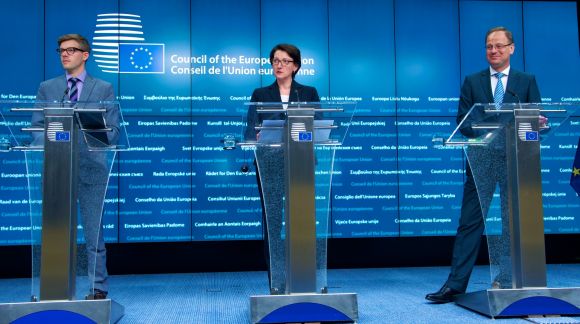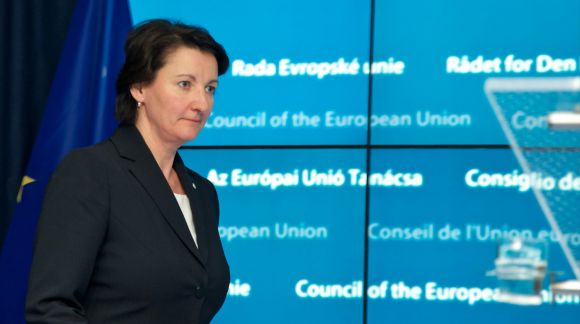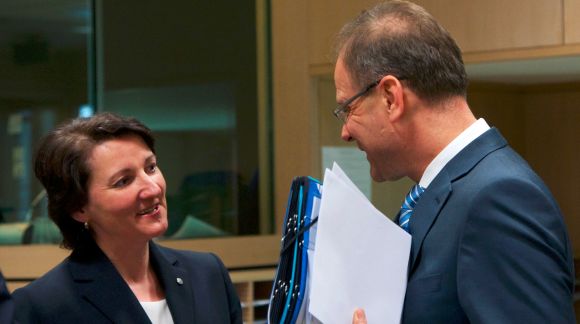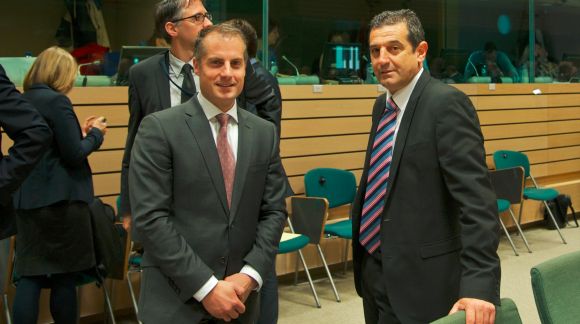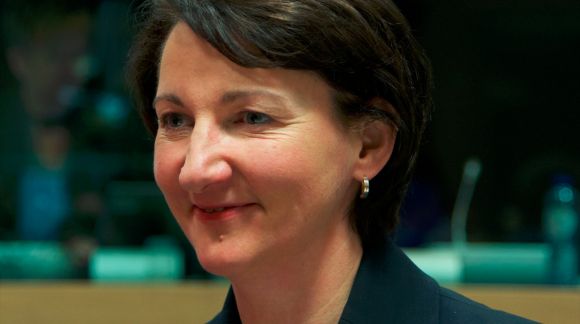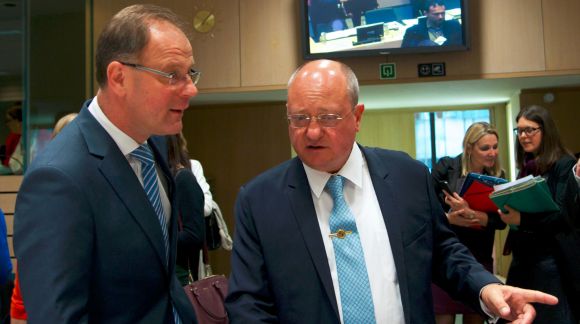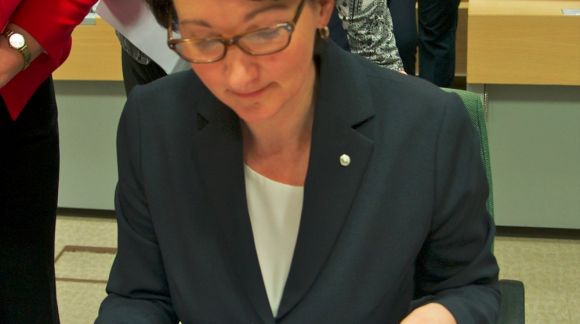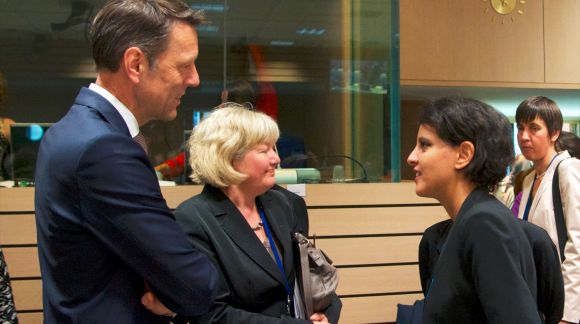Ministers assessed the achievements of European cooperation in the field of education and training ("ET 2020"), and discussed its future development in preparation for the mid-term stocktaking and the 2015 Joint Report.
ET 2020 is the key European-level framework that helps member states to modernise their education and training systems, thus contributing to the overall political priorities set under the Europe 2020 strategy.
Minister Mārīte Seile declared: "Graduates today are entering a challenging world – the digital revolution has an increasingly huge impact upon our economies and we must ensure that education provides the necessary skills, starting from an early age. However, education is not only about the labour market. Education plays an essential role in creating cohesive and sustainable societies and in preparing citizens for the unknown. It ensures that the cultural and civic values that we share are passed on to future generations."
Ministers also discussed how to improve political participation by young people in the democratic life of Europe.
Ministers also exchanged views on the follow-up to the declaration by ministers of Education at their informal meeting in Paris in March 2015, highlighting the crucial role which the education and youth sectors have to play in preventing radicalisation and promoting common European values.
In its session on sport, the Council adopted conclusions on the role of grassroots sport in developing transversal skills, especially among young people.
Minister Mārīte Seile underlined that "Grassroots sport contributes to personal development and skills such as critical thinking and problem solving. It brings considerable benefits with relatively little investment and no specific training background."
The conclusions explore how voluntary activities in sport as a non-formal and informal learning can help young people acquire skills and competences that complement formal education and enhance their employability.
Press conference following the meeting:



